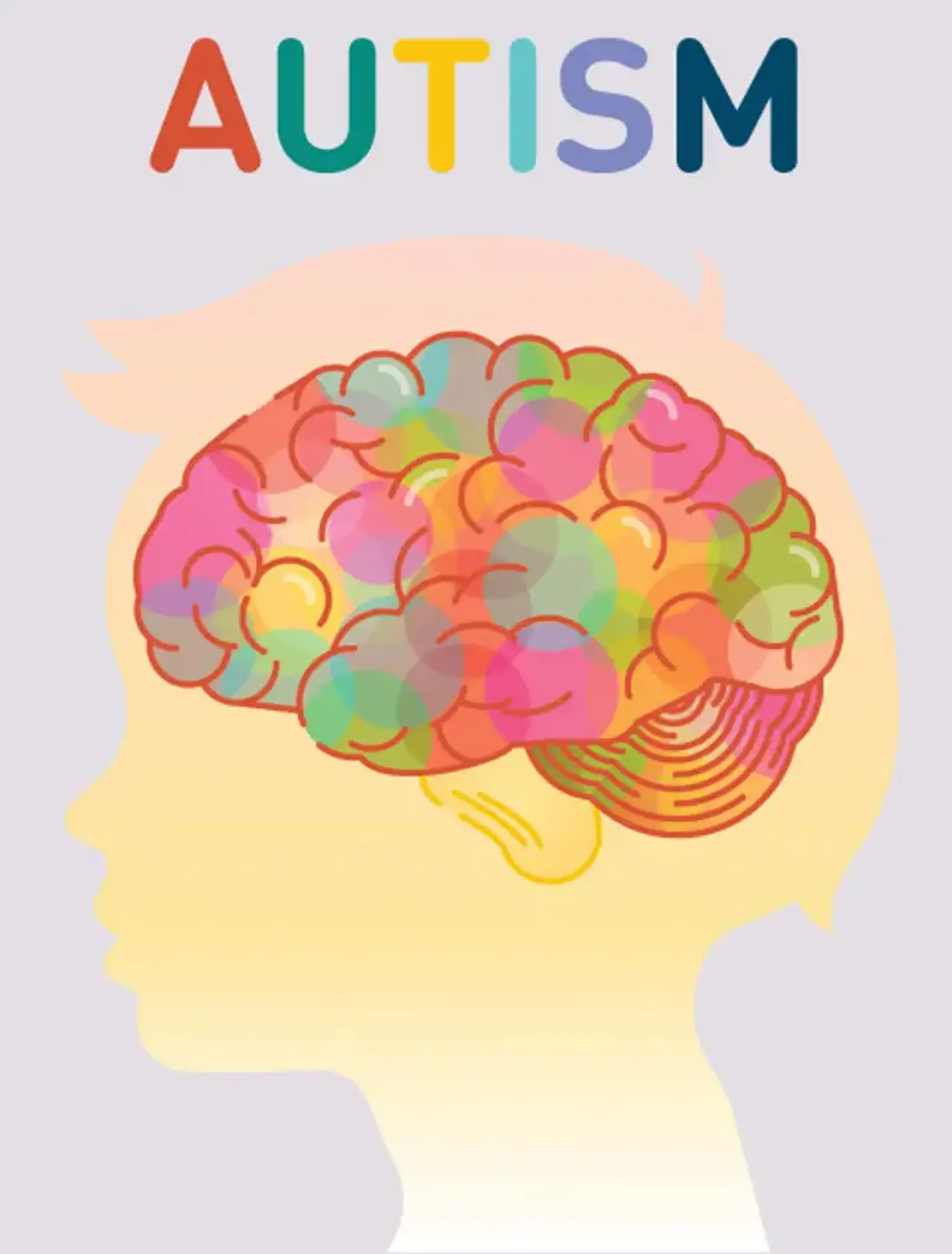Autism
Autism, often known as an autism spectrum disorder (ASD), is a complex illness characterized by communication and behavioral problems. It can manifest itself in various symptoms and abilities or skills. Also, it might be a small issue or a severe condition that necessitates full-time treatment and care in a pediatric facility.
Communication tends to be difficult for children with autism. Some have a hard time comprehending what others are thinking and feeling. This makes it difficult to communicate, whether through words, gestures, touch, or facial expressions.
In addition, patients with autism may experience learning difficulties, and their abilities may develop haphazardly. For instance, one may struggle with communication yet excel at art, music, arithmetic, or even memory. As a result, they may perform predominantly well on analytical or problem-solving tests. Currently, autism diagnosis is greater in numbers than before.
